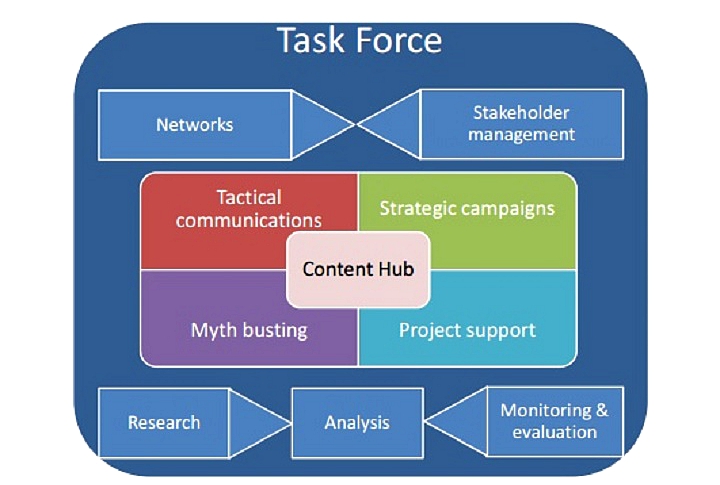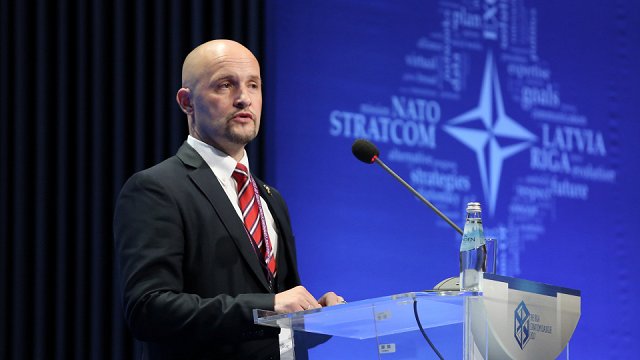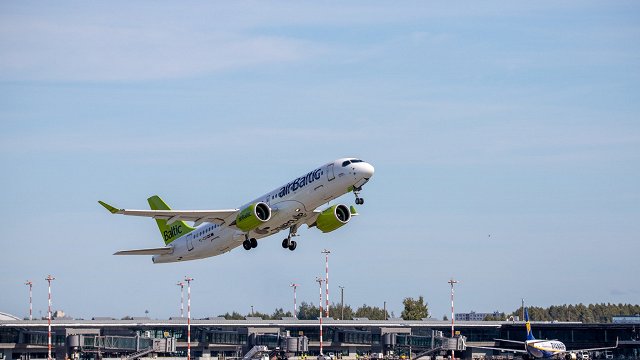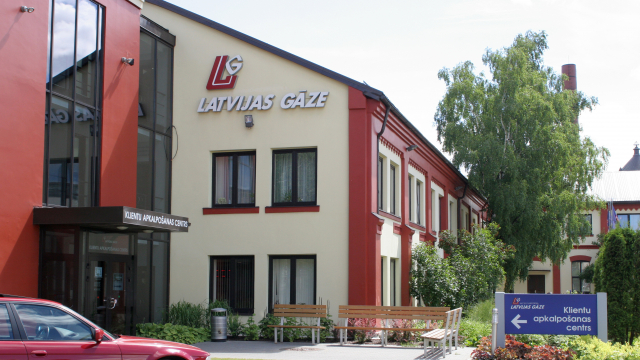A press release by the Latvian government said "Latvia joined the call to ensure continuity of funding from the European Commission under the umbrella of organizations working in the 'EU Strategic Communication Task Force' (EU StratComm)."
"Prime Minister Maris Kucinskis pointed out that the Russian policy of disinformation has been trying to manipulate public opinion in the EU for years already, and is doing so more and more," the release said.
Latvia's support for the Estonian initiative was joined by support from Denmark, Finland and Poland.
The trouble of communicating strategically was evident even in the press release with the agency in question referred to as the “EU Strategic Communication Task Force (EU StratComm)."
But the Twitter account of the agency itself gives its name as "EEAS East Stratcom Task Force", also known as "EU Mythbusters".
Meanwhile the official web page of the agency, in explaining its purpose, calls itself the slightly different "East StratCom Task Force" though in its text it also uses the other variant, as below:
"The East Stratcom Task Force mandate underlines the importance of ensuring high-quality EU communication in the Russian language. Russian is spoken and understood by millions of people all over the world, including in EU Member States."
A visual representation of the agency's structure and tasks is given in the picture at the top of this story.
Meanwhile Riga plays host to an entirely separate strategic communications hub, the NATO Strategic Communications Centre of Excellence (STRATCOMCOE), which involves both EU and non-EU states and both NATO and non-NATO states. Some of the member states such as Sweden and Finland are in the EU, but can also be part of NATO STRATCOMCOE without being in NATO.
STRATCOMCOE does sometimes call itself StratCom COE though and occasionally STRATCOM COE.
That NATO Strategic Communications Centre of Excellence (and it is "centre", not "center") in turn should not be confused with the also-Riga-based Baltic Media Centre of Excellence, though that in turn actually is part of the EU StratComm/Stratcom/StratCom Task Force as this report by the agency shows.
All of which shows the importance of clear, simple strategic communication. Or strategic communications, we're not sure which one is correct.
































